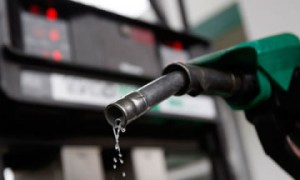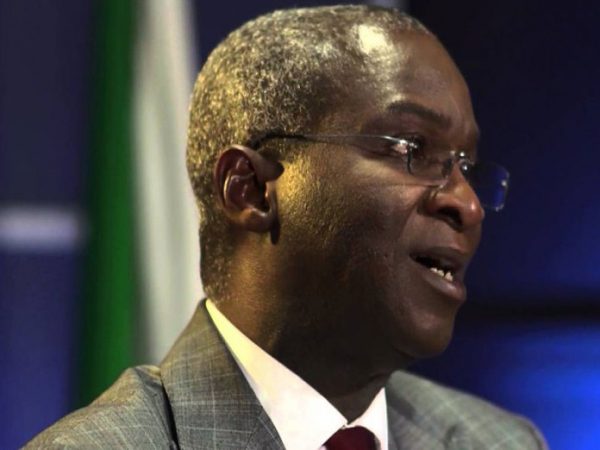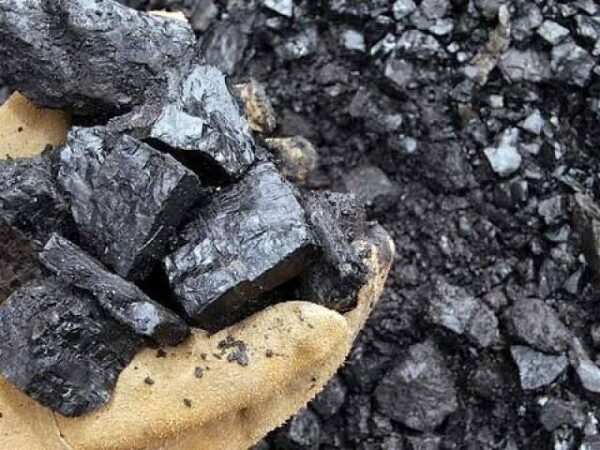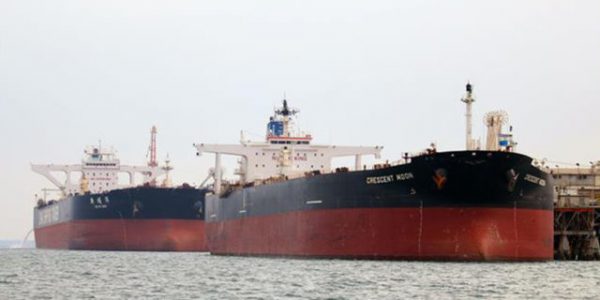Nigerians Condemn 20 year Fuel Importation Plan

A cross section of Nigerians, including financial and labour experts, have condemned the plan by the Federal Government to continue to import refined petroleum products for the next 20 years.
The Minister of Petroleum Resources, Mrs. Diezani Alison-Madueke, had said in a presentation last week that Nigeria and other African countries would continue to be net importers of petroleum products for another 20 years despite the availability of functional and quasi-functional refineries, and plans to build more refineries on the continent.
According to her, plans to build more refineries in Angola, Uganda, Mozambique and Nigeria cannot change the situation.
Nigerians, who spoke to our correspondents last week, described the comment as unfortunate, adding that the Federal Government did not mean well for the economy.
An economist at the Pan Atlantic University, Dr. Austin Nweze, said such plan was unfortunate because the country would keep advancing the fortunes of other economies of the world to its own detriment.
He said, “That means we don’t want our local refineries to work. When our refineries start working, they are going to employ thousands of people. It is a not a good news. It is not palatable. I was in Singapore, and they told me that they don’t have oil but they have world class refineries that refine crude for Nigeria and other countries that produce oil.
“We are building the Singaporean economy and the economies of other countries where we import petroleum products from through that process, while the Nigerian economy gets worse.”
He said job opportunities were being created for foreigners in the countries where the products were being imported from, stressing, “This means some people hate this nation and are acting as hired mercenaries, who don’t care about what happens to the generality of Nigerians.
“This means there is no hope of growing the economy from within. This makes the country susceptible to crisis, because if there is crisis overseas, there will be crisis within. The Nigerian economy is prone to activities of pirates and others that can stop products in the seas.
The Managing Director/Chief Executive Officer, Financial Derivatives Company Limited, Mr. Bismarck Rewane, said Nigeria should not depend on imported refined products for another 20 years.
He said, “First and foremost, it is not possible. We have a maximum of four or five years to put the refineries’ programme together and Nigeria cannot continue to depend on imported refined products. But if that is what the Nigerian government believes, then we have some serious difficulties.
“The situation can be resolved within two years; it is the question of having private refineries and deregulating the prices of petroleum products completely and totally. In fact, we can resolve it within one year so that the new investors in the refineries can take over.”
The immediate past President, Petroleum and Natural Gas Senior Staff Association of Nigeria, Mr. Babatunde Ogun, said it was disheartening that such a comment came from a senior government official.
“What do we gain in creating jobs outside our shores and crying of high rate of unemployment? It is sad! The worst it will take to build a 200,000-barrel refinery is a maximum of four years,” he said.
A Lagos-based lawyer, Mr. Fred Agabje, described the statement as a shame on the Federal Government and the ruling Peoples Democratic Party.
He said the government was interested in leaving the nation’s refineries in comatose and continue to import fuel at exorbitant prices to the benefit of few party officials.
Agbaje said, “It is a shame on the Federal Government to which Alison-Maduke is a part. The Peoples Democratic Party should take the largest share of the blame. As of the time the PDP took over power in 1999, there were three refineries working at full capacities. But the refineries are left in states of comatose due to failure to carry out the turnaround maintenance on them.
“It now pays the PDP-led Federal Government to import fuel at exorbitant prices instead of reviving the refineries. And who are benefitting from the importation of fuel?.







